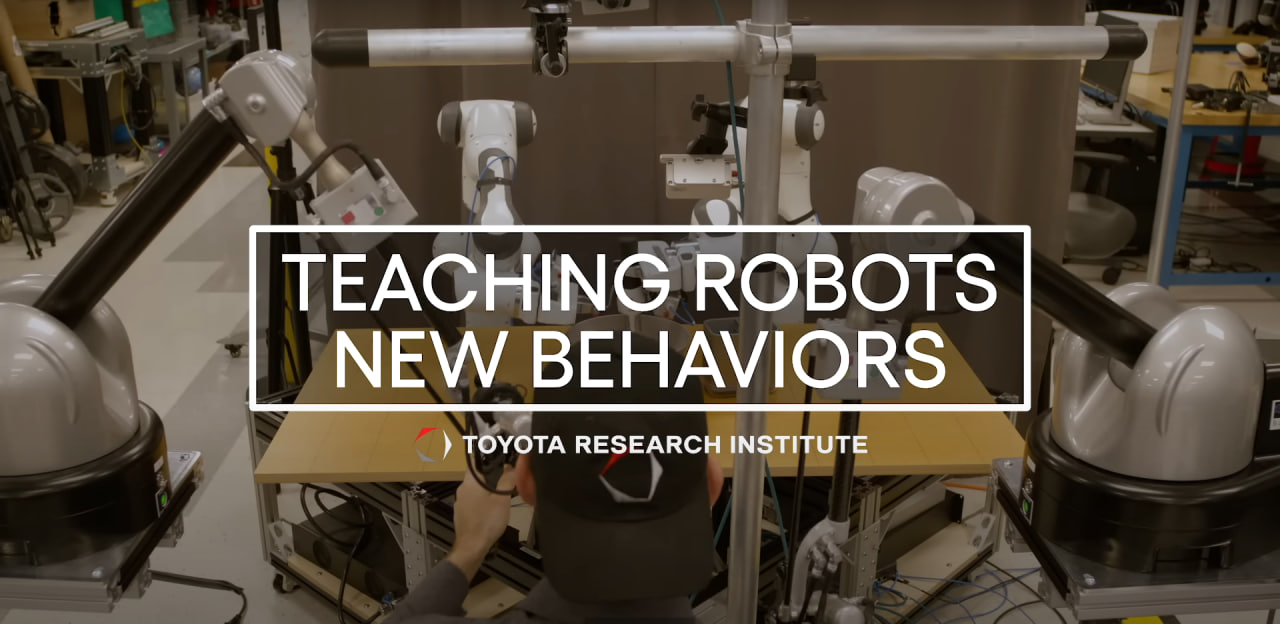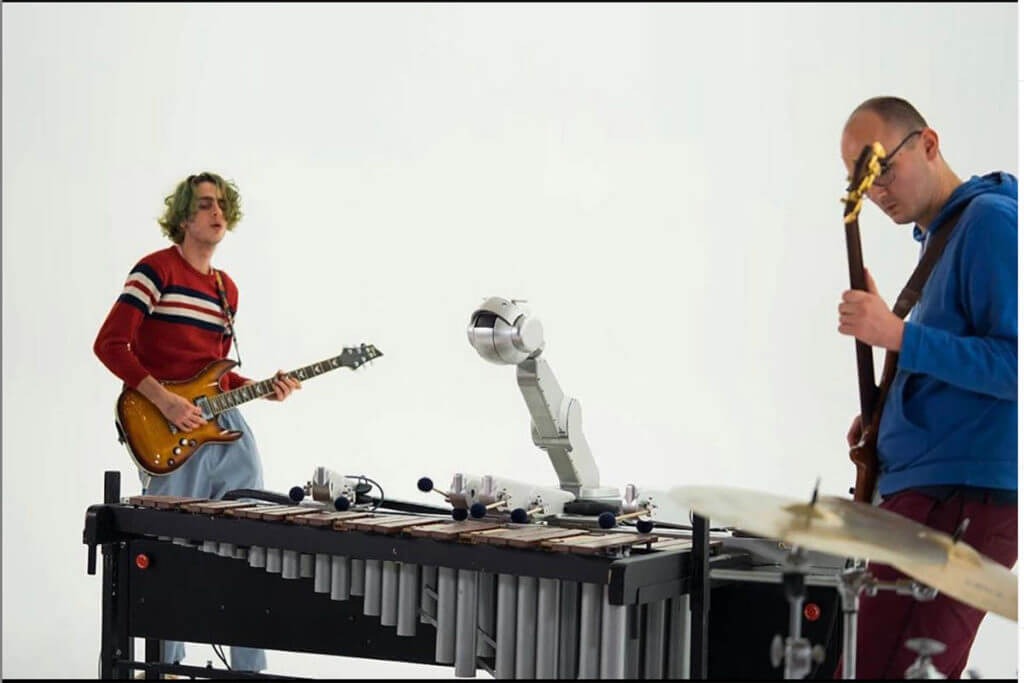A major manufacturing breakthrough is happening at ABB's factory in Shanghai, China, where artificial intelligence has transformed production quality. The facility has increased its successful assembly operations from 80% to nearly 100% by implementing advanced AI technology.
From Vision Problems to Perfect Precision
Traditional factory computer vision systems have long struggled with accuracy, typically achieving only about 20% recognition rates. This poor performance was due to common manufacturing challenges like uneven lighting and inconsistent part positioning.
ABB solved these problems using deep learning technology and more than a year of intensive model training. The AI system learned to handle real-world factory conditions that previously caused errors and production delays.
Revolutionary Quality Control
The AI improvements have created dramatic changes across multiple areas:
Automatic Weld Inspection: ABB's new AI-powered welding inspection systems are 20 times more efficient than manual inspection. This allows welding and quality control to happen simultaneously in real-time, rather than as separate processes.
Predictive Maintenance: The company worked with over 50 universities and 300 scientists to develop systems that predict when machines will break down. Using extensive historical data, the AI can warn maintenance teams before problems occur.
Digital Twins: ABB is partnering with companies like Nvidia to create digital copies of their factories that monitor and analyze production problems as they happen.
Global Impact and Expansion
The success in Shanghai is part of a much larger transformation. ABB has more than doubled its global AI projects in the past year, now running over 250 AI initiatives worldwide.
These projects are delivering measurable results:
- Environmental Impact: In Xiamen Industrial Zone, smart control of rooftop solar panels reduced carbon emissions by 13,400 tons
- Steel Manufacturing: The Qingdao Special Steel plant implemented AI image recognition for intelligent fault detection and digital quality management
- Workflow Optimization: Multiple facilities are using AI to streamline operations and improve collaboration with customers
From Sweden to China
The AI technology was first developed and tested at ABB's headquarters in Sweden before being adapted for the Shanghai facility. This approach allows the company to refine the technology in controlled conditions before rolling it out to major production centers.
The Bigger Picture
ABB's transformation represents a fundamental shift in how modern factories operate. Rather than relying on human workers to spot problems and make adjustments, AI systems can:
- Monitor production continuously without breaks
- Detect quality issues faster than human inspectors
- Predict equipment failures before they happen
- Optimize energy usage and reduce waste
- Adapt to changing conditions in real-time
Industry Revolution Underway
According to ABB, this massive adoption of AI in manufacturing confirms that an industrial revolution is already underway. The company's experience demonstrates that "intellectual transformation has become the dominant trend in global industry development."
The jump from 80% to nearly 100% success rates shows just how transformative AI can be when properly implemented in industrial settings. As more factories adopt similar technologies, this level of precision and efficiency could become the new standard for manufacturing worldwide.
This technological shift promises not just better products and lower costs, but also more sustainable manufacturing through reduced waste and optimized energy usage.


















